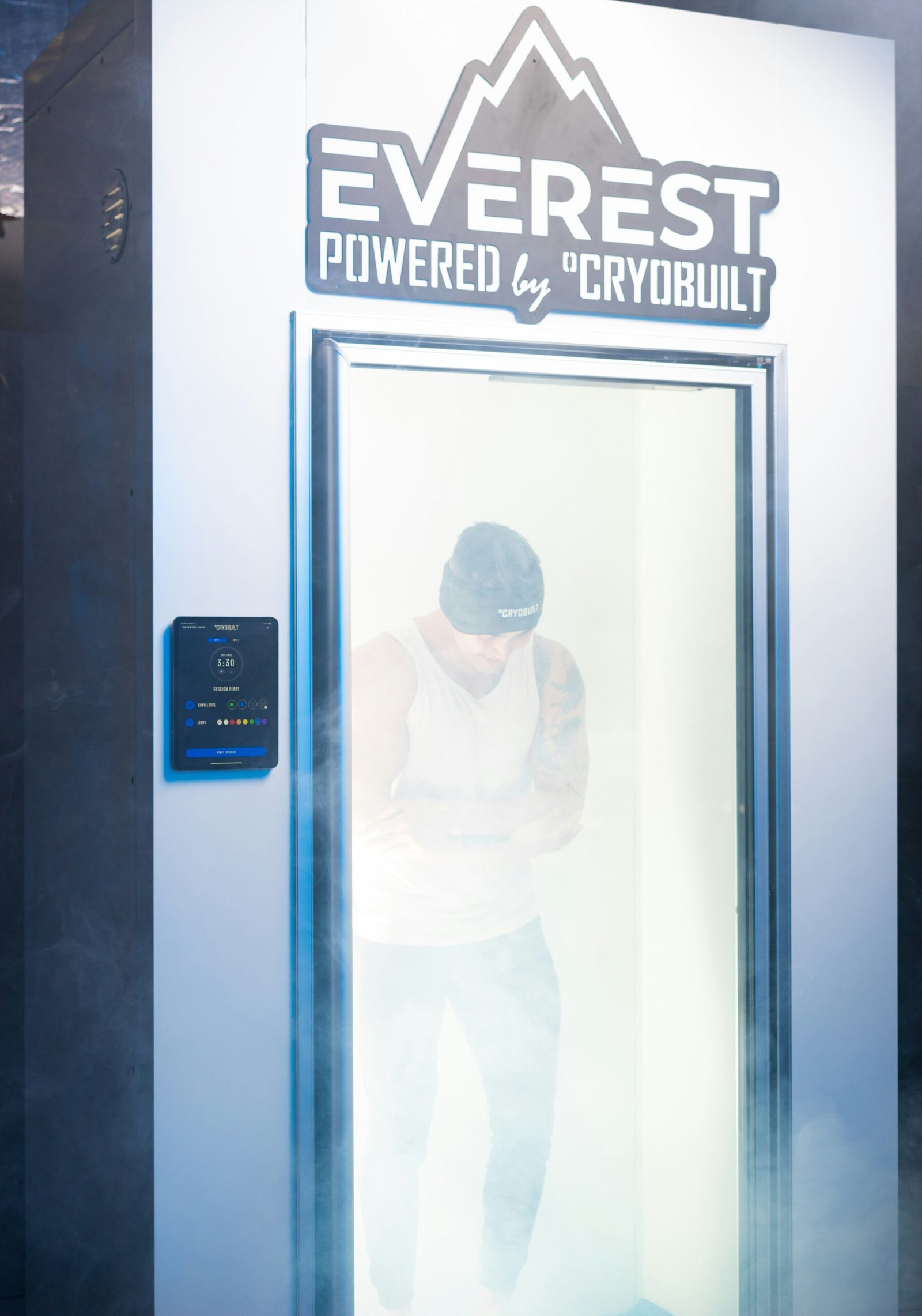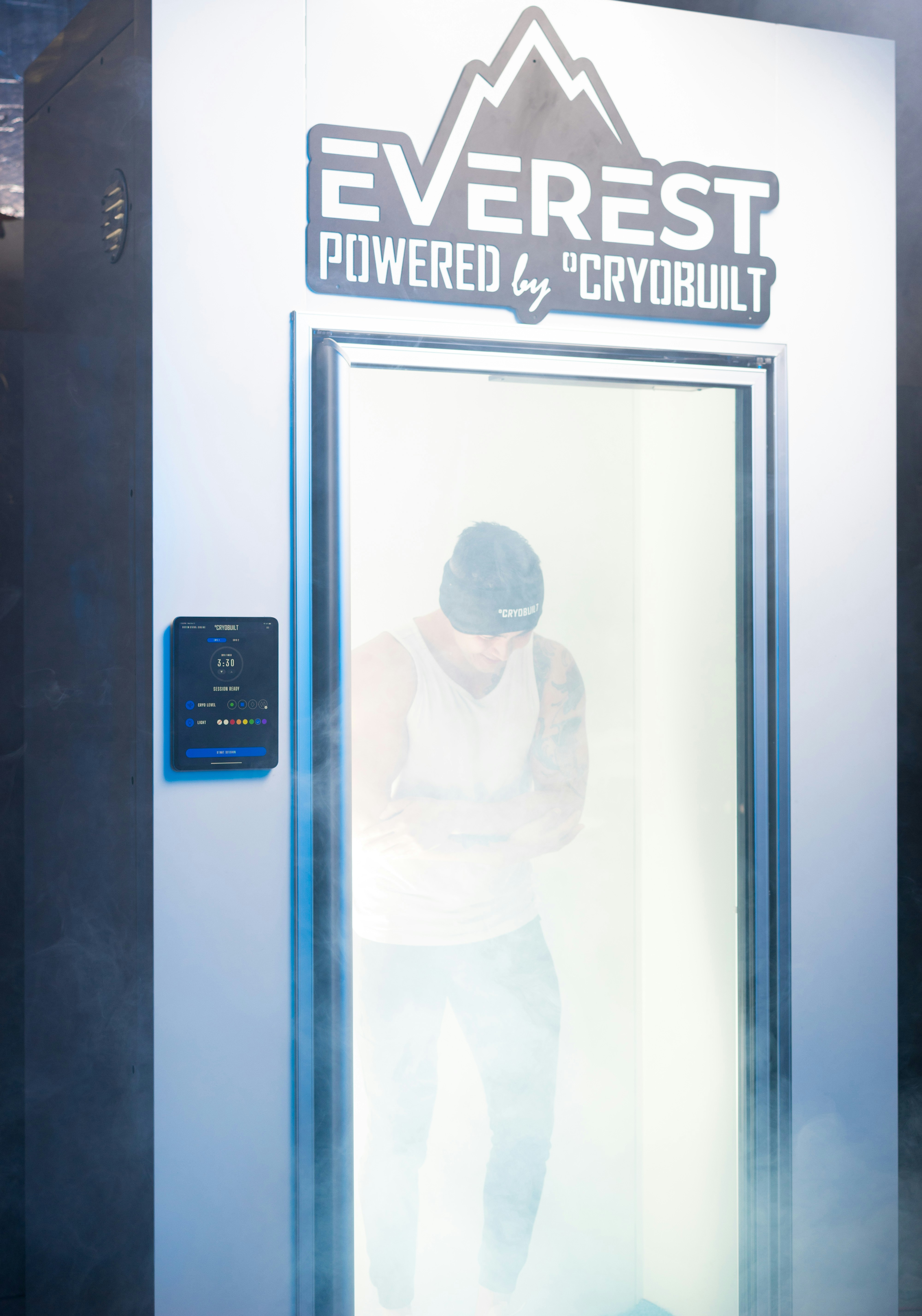Have you ever wondered how something as simple as cold water could influence your mental well-being? Perhaps you’ve heard about cold showers boosting mood or saw athletes plunge into icy baths after a game, but the connection between cold water and brain health is fascinating and goes much deeper. This exploration might reveal how embracing a shiver could be just the chill your brain needs. Let’s dive into the science behind this intriguing relationship.
Understanding the Brain: A Brief Overview
Before we dive into cold water, let’s take a moment to appreciate the marvel that is your brain. This three-pound organ orchestrates everything you do, from blinking and breathing to dreaming and dissecting molecular gastronomy. Your brain consists of billions of neurons communicating through trillions of connections called synapses. Each region of the brain serves different roles, ranging from emotions, motor skills, and memory to regulating your body’s internal environment.
Neurons and Synapses
These tiny messengers, neurons, transmit signals throughout the nervous system. Each neuron connects to others at junctions known as synapses, where neurotransmitters like serotonin and dopamine facilitate communication. The brain’s immense networking makes it a powerhouse of processing and response, constantly adapting and rewiring itself in a process known as neuroplasticity.
Brain Regions in Focus
Various brain parts have unique functions. The prefrontal cortex is involved in decision-making and social behavior, while the limbic system regulates emotions and memory. The hypothalamus, a small region tucked deep within, plays a critical role in maintaining balance, like regulating body temperature, hunger, and emotional responses.
The Chilling Effect: Cold Water as a Catalyst
Cold water immersion may seem daunting, but its potential benefits on brain health make it worth the chilly dip. The physical stress of cold exposure prompts your body to adapt in ways that might protect it from future challenges.
The Thermoregulatory Response
Your body, when submerged in cold water, immediately activates its thermoregulatory response to maintain its core temperature. Blood vessels constrict to preserve heat in your vital organs, spiking norepinephrine, an alertness-boosting hormone. This response not only keeps you warm but can also foster an invigorating wakefulness.
Cortisol Levels and Stress Response
Interestingly, exposure to cold water can modulate cortisol levels, the hormone responsible for the stress response. While chronic stress leads to consistently high cortisol, brief cold exposure can normalize it. This might explain the anecdotal ‘cold shower clarity’ where regular cold immersion equates to reduced stress and anxiety.
Cold Water and Neuroplasticity
Could the shock of cold water translate to synaptic growth and learning? Neuroplasticity allows your brain to rewire itself in response to new experiences, learning, and damage. Cold exposure has been shown to boost brain-derived neurotrophic factor (BDNF), a protein that nourishes neurons and encourages growth.
BDNF: The Brain’s Growth Fertilizer
BDNF supports the survival of existing neurons and encourages the growth of new ones and synapses. This uptick is crucial in regions like the hippocampus, responsible for memory and learning. Essentially, cold exposure might help keep your brain running smoothly and flexible in adapting to new situations.
Adaptation and Resilience
Regular cold exposure could build mental resilience, akin to how physical exercise strengthens muscles. Just as lifting weights makes you physically stronger, cold water challenges might enhance your brain’s ability to cope with stressors. By increasing tolerance, the brain might become better equipped to face psychological challenges.
Mood and Mental Well-being
Imagine replacing your morning coffee with a brisk cold shower. Cold exposure can trigger endorphin and norepinephrine release, uplifting your mood while reducing pain perception and potentially keeping depression at bay.
The Role of Endorphins
Endorphins, often dubbed the ‘feel-good hormones’, surge in response to external stressors like cold. They interact with receptors in your brain to reduce pain perception and elicit a positive outlook. The euphoria, or ‘post-cold shower high’, might provide a natural, mood-boosting effect.
The Impact on Depression and Anxiety
Studies indicate that short-term cold exposure might activate the sympathetic nervous system and raise blood levels of noradrenaline. This, in turn, may help with mood elevation and provide a natural coping mechanism against depressive symptoms.
Cognitive Function and Cold Water Exposure
As refreshing as it sounds, a splash of cold water might also sharpen cognitive faculties. The immediate response to cold immersion involves heightened alertness and decreased fatigue. This can result in improved concentration, mental clarity, and overall cognitive performance.
Enhancing Concentration
Tackling mental tasks post-cold shower or swim might seem easier. The invigorating nature of cold improves circulation, delivering oxygen-rich blood to the brain and optimizing its functioning. You might find your focus unusually keen and energy levels elevated.
Memory Enhancement
While a direct link between cold exposure and memory improvement is still under investigation, the induced BDNF and enhanced neuroplasticity indirectly suggest potential benefits. If time in cold water can increase memory-linked brain regions’ protein content, the ability to learn and recall could follow suit.
Metabolic Boost and Brain Health
Your metabolism not only hums along dealing with calories and energy but can also wield a profound impact on brain health. Cold exposure accelerates metabolic rate while promoting the conversion of white fat to brown fat, beneficial for maintaining an optimal weight and brain function.
Brown Fat Activation
Unlike white fat, which stores energy, brown fat burns energy to produce heat. Cold water exposure enhances this thermogenic process, increasing metabolism and, consequently, calorie burn. This raises your total energy expenditure, supporting better brain performance due to improved metabolic homeostasis.
Insulin Sensitivity
Improved insulin sensitivity represents another benefit. With better regulation of blood sugar levels, less strain is placed on cognitive function, maintaining steady brain fuel supply. This stable environment supports sustained concentration, learning, and mood.

Practical Cold Water Techniques for Brain Health
The chill isn’t one-size-fits-all. Depending on preference, accessibility, and cold tolerance, there are various methods for embracing the invigorating benefits of cold exposure.
Cold Showers
A convenient entry point, cold showers can be adjusted from tepid to full icy. Starting with short durations (30-60 seconds) at the end of a regular shower can ease you into the habit without overwhelming shock.
Ice Baths
While access might be limited, ice baths offer a concentrated cold experience. Often favored by athletes for recovery, immersing yourself in a tub filled with ice and water for short periods can deliver an intense yet rewarding experience.
Natural Cold Water Bodies
Swimming in cold lakes or oceans combines physical activity with cold exposure, enhancing cardiovascular and brain health. Your shiver turns into a full-body workout, and the shared experience can even foster social connections and mental support.
Safety Considerations and Precautions
Before you take the plunge, safety is paramount. Cold exposure isn’t devoid of risks, especially if executed improperly or if you have pre-existing conditions.
Who Should Avoid Cold Exposure?
Certain health issues, particularly cardiovascular problems, might heighten risks with cold exposure. Anyone with heart conditions, circulation disorders, or respiratory issues should consult a healthcare provider before adopting a cold water regimen.
Gradual Acclimatization
Dive in slowly rather than jumping headlong. Starting with moderately cool showers can prepare your body and mental state. Pay attention to how your body reacts, and adjust exposure time and frequency to suit your response.
Buddy System for Safety
For natural bodies of water or ice baths, consider enlisting a friend. Not only does this add social support, but it ensures immediate assistance should you encounter cold shock or another emergency.

The Future of Cold Water Therapy in Brain Health
While much remains to be uncovered, the promising intersections of cold water therapy and brain health fuel scientific intrigue. Research continues to expand, exploring how integrating these age-old practices into modern life could unlock improved mental and cognitive well-being.
Potential Research Developments
Ongoing studies examine variable exposure types, durations, and temperatures to delineate the precise mechanisms of cold water’s benefits. Future discoveries may inform targeted applications for mental health therapies or cognitive enhancement interventions.
Integration with Modern Healthcare
As understanding deepens, cold water therapy might emerge as an adjunctive treatment for mental health disorders. Pursuing a holistic approach integrating diet, exercise, mindfulness, and cold exposure could herald a new era in brain health maintenance.
Through curiosity and careful immersion, you might find the perfect balance your brain requires to thrive. Embrace the shiver, and it might just show you a new dimension of cognitive clarity and emotional balance. Treasure each chill for the potential it holds in fostering a vibrant, resilient brain.




